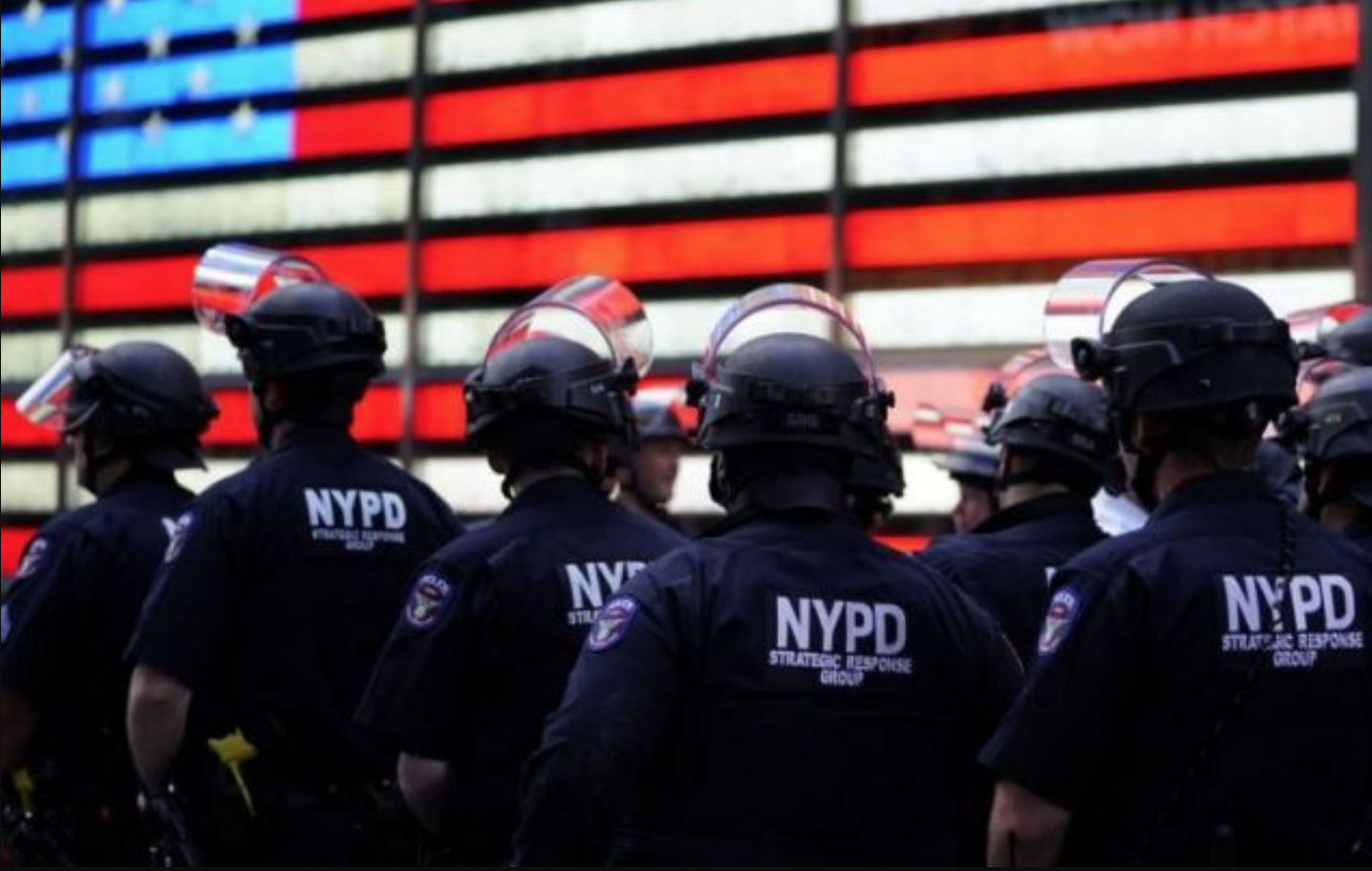News
NYC to Experiment Responding to Some Calls With Mental Health Workers Instead of Police
Mayor Bill de Blasio announced a new program that will send mental health and crisis workers instead of police on emergency mental health calls.

On Tuesday, New York City Mayor Bill de Blasio announced a new pilot program that will send mental health and crisis workers instead of police on emergency mental health calls.
The program is expected to begin in February and will be composed of new mental health teams from the Fire Department’s Emergency Medical Services unit and will target two “high-need” neighborhoods, according to Reuters.
“For the first time in our city’s history, health responders will be the default responders for a person in crisis, making sure those struggling with mental illness receive the help they need,” Mayor Bill de Blasio said in a statement.
The statement went on to say that the professionals on call for mental health crises would be equipped to handle suicide attempts, drug abuse, and physical problems that are often indicators of mental health problems, all situations that police would typically respond to.
The mental health responders will be accompanied by a police officer if there is a weapon involved or “imminent risk of harm,” the statement said.
Even the most simple police encounters can be very stressful, which often makes it difficult to communicate properly. This tends to escalate the situation, considering that most police demand nothing short of complete obedience, even if they are dealing with someone who is not a suspect in a crime.
This can be scary for most people, but for someone who suffers from a mental illness and may already have challenges with communication, these types of encounters can be especially terrifying. Sadly, police across the country have repeatedly proven that they do not have the proper attitude or social skills to deal with mentally ill people. This is extremely obvious when police are called to do a “welfare check” on someone who is struggling with mental illness, only to shoot and kill the person because they didn’t “follow orders” to the officer’s liking.
A 2017 report issued by the Bureau of Justice Statistics used self-report survey data from inmates and found that at least 37% of prisoners and 44% of jail inmates had a history of mental health problems. A large portion of these people were convicted of nonviolent drug crimes or offenses associated with homelessness or poverty.
Studies have shown that people who suffer from mental illness are 16 times more likely to be killed by a police officer than the average person. According to the Virginia-based Treatment Advocacy Center, a minimum of 1 in 4 fatal police encounters ends the life of an individual with severe mental illness.
Some US cities have already begun experimenting with sending mental health professionals out to deal with certain issues, most notably, Eugene, Oregon, which has been operational for the past 30 years. The program, called, Crisis Assistance Helping Out On The Streets (CAHOOTS), began in Oregon, but is now currently operational in at least 8 US cities. It was estimated that the city of Eugene diverted 17% of 130,000 calls through the CAHOOTS program in 2017 alone. The program is also running in Los Angeles, Oakland, New York, Denver, Vancouver, and Portland.
Typos, corrections and/or news tips? Email us at Contact@TheMindUnleashed.com
